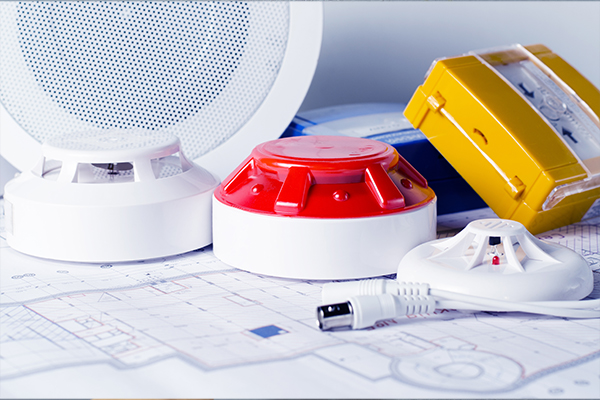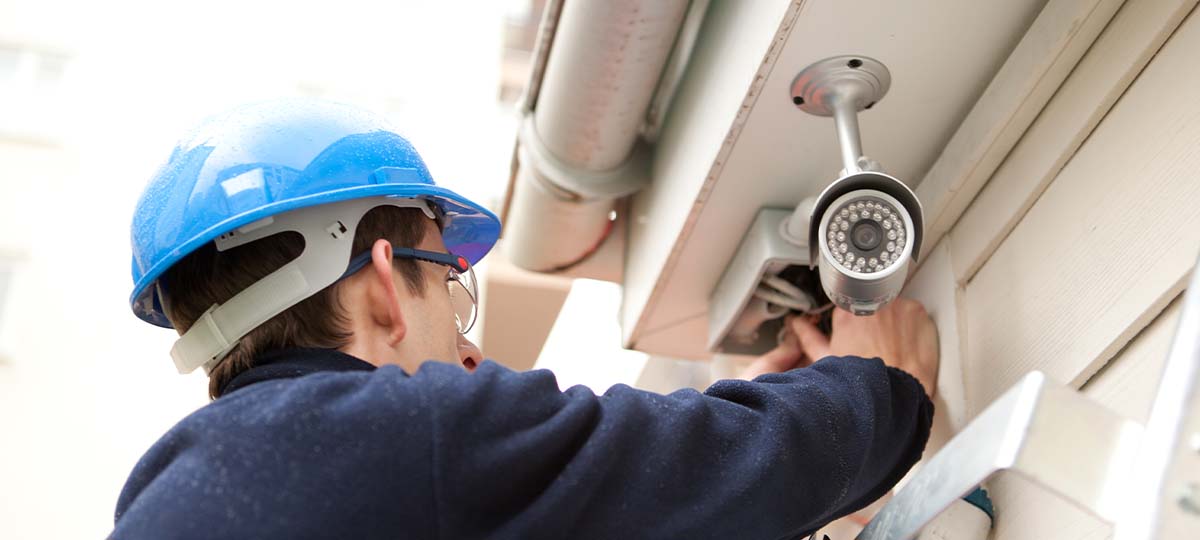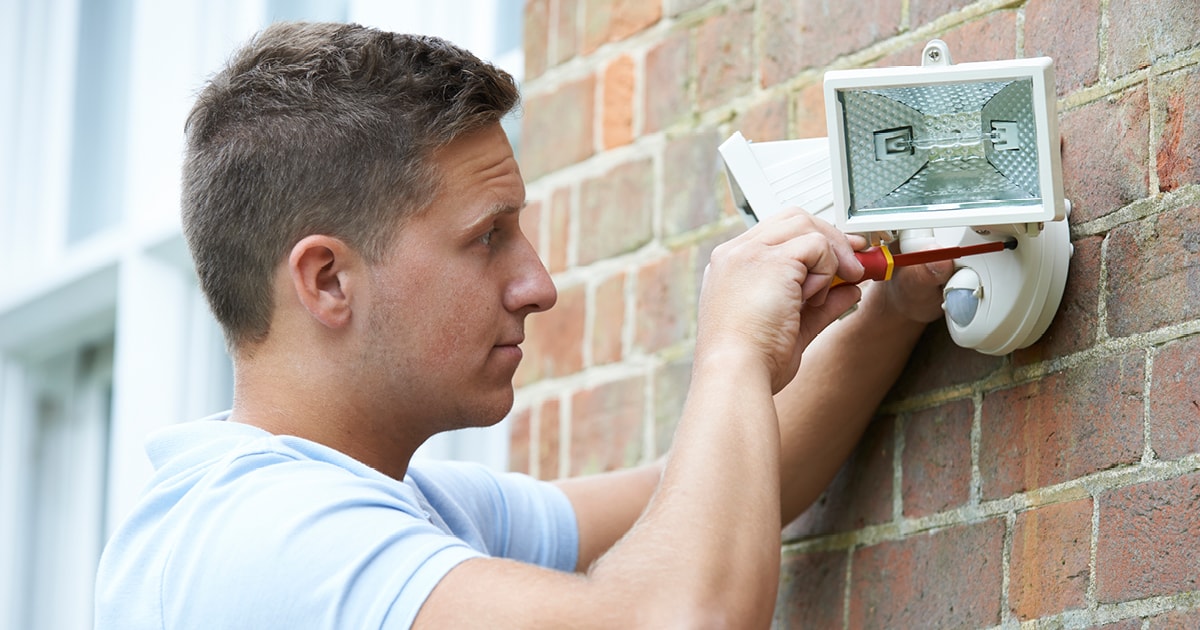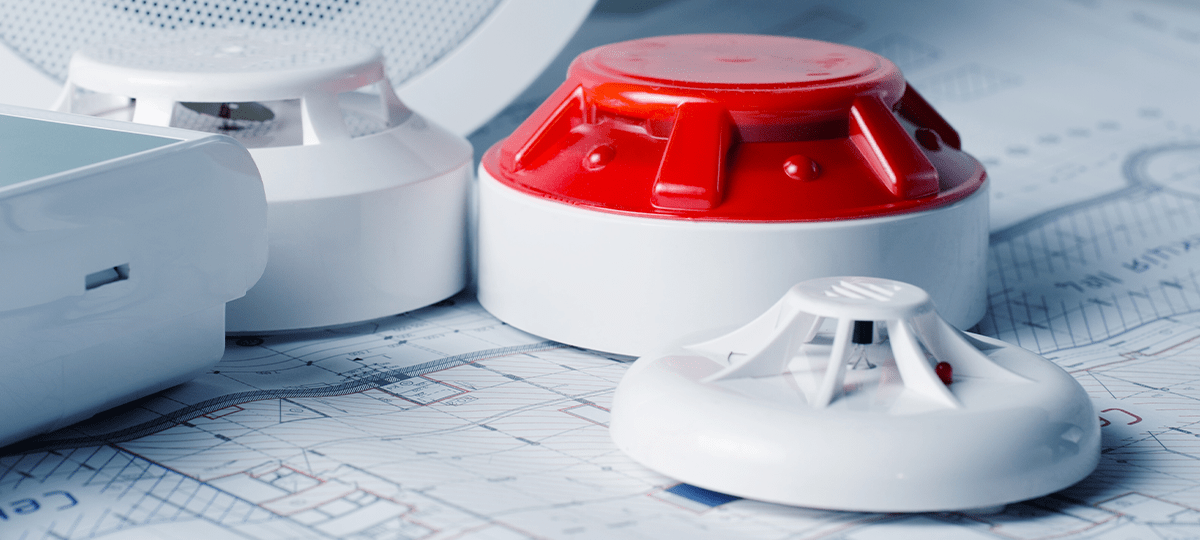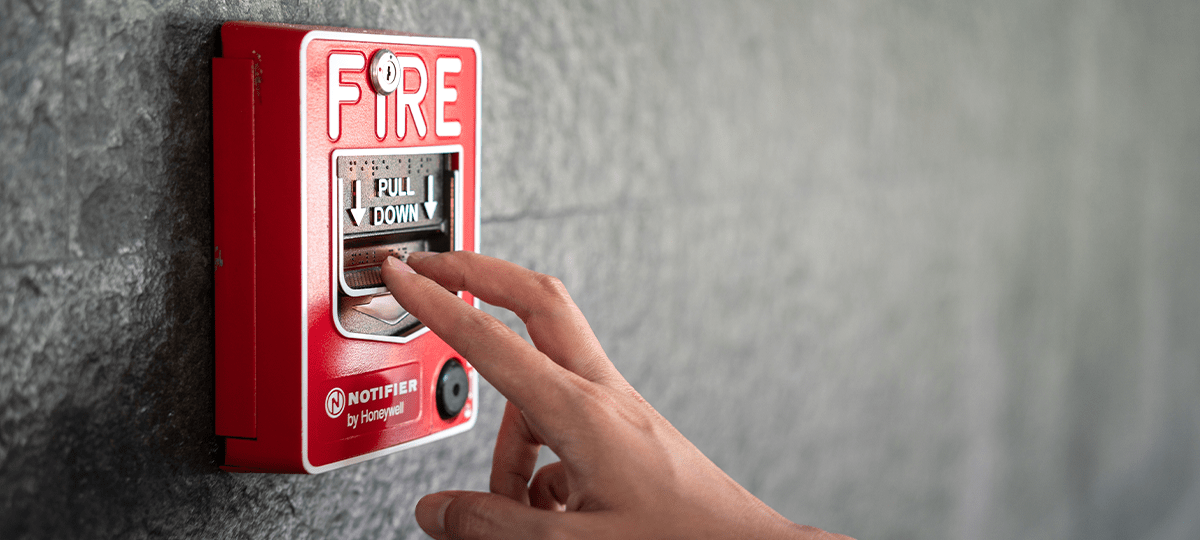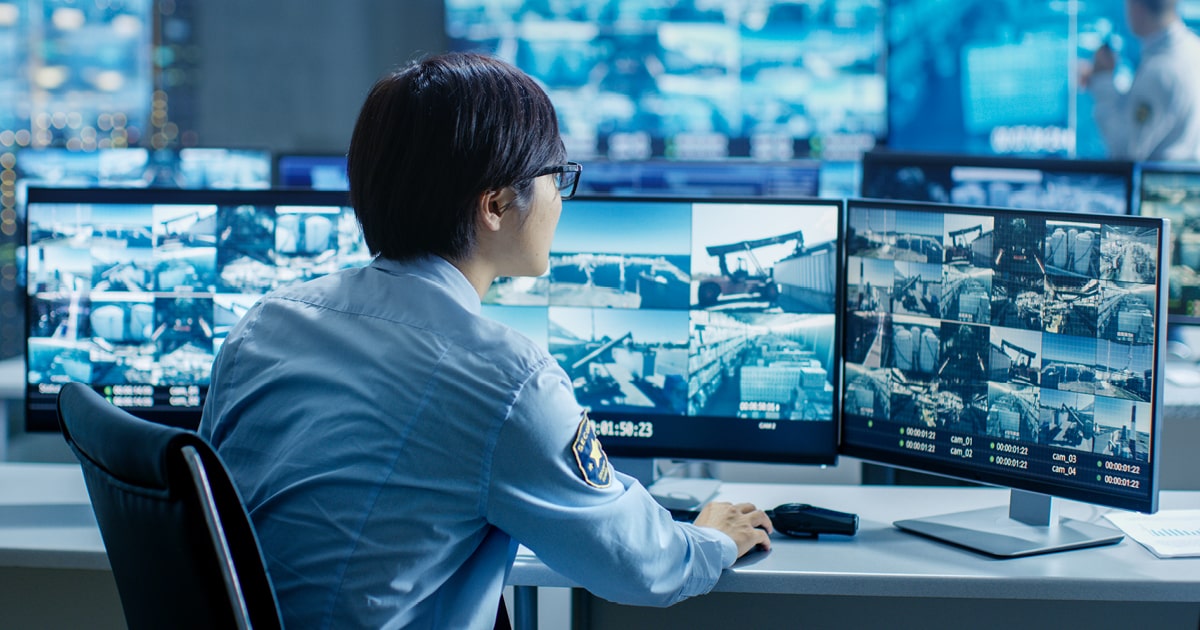Do Smoke Detectors Call the Fire Department?
One of the most asked questions about fire alarm systems is whether smoke detectors call the fire department. The belief that a smoke detector or fire alarm will automatically activate the fire department or send a signal to local first responders is a common misunderstanding. While some systems may be integrated with monitoring services, that’s not always the case.
A fire can become life-threatening in as little as two minutes, so building occupants must act quickly to stay safe. An incorrect understanding of a structure’s fire alarm system can have significant consequences for properties and people. Homeowners and business owners must know what their system will do in each scenario to ensure they create and follow effective response plans.
How do smoke detectors work?
Smoke detectors are an essential part of any residential or commercial fire alarm system. Using different types of sensors and power sources, they serve as a system’s first line of defense against potential fires. Often combined or paired with carbon monoxide detectors, smoke detectors emit light or sound to notify the people within the building of a fire. Generally, smoke detectors alone don’t contact the fire department or other emergency services.
How do fire alarm systems work?
The two main types of fire alarm systems, manual and automatic, use different triggers to alert a building’s inhabitants of a potential fire. A manual system depends on pull stations or other human input, while an automatic system uses sensors. If interconnected or wired smoke detectors are used, one tripped sensor can set off an entire system. Many commercial buildings are also equipped with fire suppression systems that will be triggered in the early stages of any fire warning signals.
What is fire alarm monitoring?
In structures without alarm monitoring services, the occupants must activate the system, contact the proper authorities, and notify everyone within the building. If a system is monitored, it can be self-monitored or professionally monitored. With self-monitoring, the owner of a commercial or residential alarm system must check for and address any alerts.
Professional monitoring elevates a system’s safety by involving a company of experts who check around the clock for notifications. In the event of a triggered alarm, a monitoring company can contact local emergency services. Monitoring personnel can even provide details about the location’s system and where the fire is to first responders.
Is fire alarm monitoring mandatory?
In some places, fire codes and regulations from the National Fire Protection Association (NFPA) may require monitoring of fire systems in commercial and residential buildings. These services ensure that false alarms, emergencies, and other issues are handled promptly and appropriately. Whether monitoring is required or optional, it’s a beneficial component to add to any fire alarm system.
Does alarm monitoring completely handle fire safety?
While alarms and monitoring are part of your fire system, a fire safety plan is one of the most essential elements of any emergency response system. Educational resources, from online fact sheets to local fire department resources, can be significantly helpful for employees and homeowners alike. Over all else, a comprehensive emergency action plan is especially vital to promoting fire and life safety.
Elevate your systems with FSS Technologies
When it comes to protecting your home or business, the team at FSS is a cut above the rest. With knowledge of fire safety codes and equipment from vendors like Kidde, we help our clients protect what matters most. Our monitoring capabilities use AES mesh radio networks that create dependable, efficient monitoring systems, and we help you develop a call list to let monitoring personnel share alerts and contact the appropriate emergency response professionals.
If you’re interested in enhancing the fire safety and security of your home or business, contact our expert service techs today!
